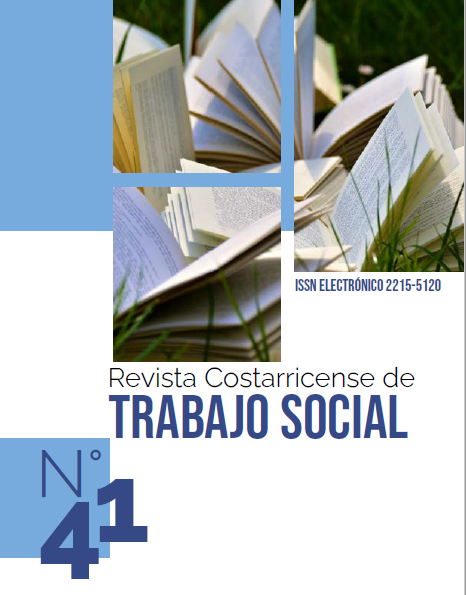Abstract
Through bibliographic and documentary analysis, this article analyzes the broadest features of Costa Rica’s transition from liberalism to reformism at the beginning of the 20th century. Reformism was the main political-ideological and cultural orientation, which was established between the first decades of the 20th century in Costa Rica, as a response to the convulsive process derived from the crisis of international and local capitalism, and especially as a counter to liberalism, which had prevailed since the country’s founding, thus chronicling the various forms of the working class’s exploitation.

This work is licensed under a Creative Commons Attribution-NonCommercial-ShareAlike 4.0 International License.

